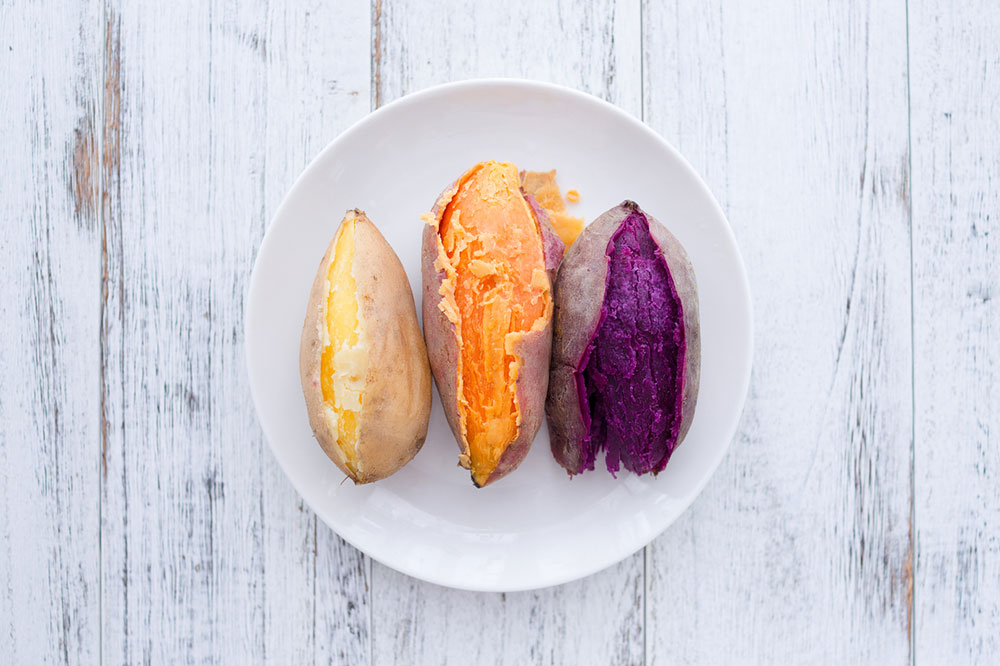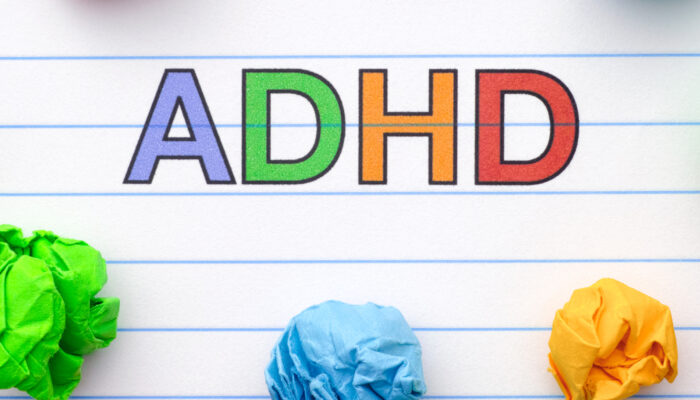
Dietary Changes That Help Manage Migraines
Millions of adults experience chronic migraines every day, and most of them suffer these attacks due to a food trigger or a medication overdose. However, simple dietary changes can improve one’s wellbeing and prevent migraines to a great extent. Here are a few dietary changes that can help manage migraines.
Drink water and stay hydrated
The first thing to do during a migraine attack is to drink water. The symptoms include dry mouth, tiredness, and dark yellow urine. Mostly, we think that the food that we eat and the beverages we drink supply enough fluid for our body, but plain drinking water can work miracles by keeping the brain and body well hydrated and preventing migraines.
Eat fresh foods only
Eating freshly cooked food with fresh ingredients like leafy greens, fruits, vegetables, and fresh lean meat supplies the body with nutrients, glucose, and energy. Many times, stale, preserved, or canned foods contain nitrites and preservatives that trigger migraines. The safest and healthiest dietary changes to help manage migraines is to follow a plan similar to the Mediterranean diet.
Include more omega-3 fats
Research suggests that anti-inflammatory foods may help reduce migraines. The omega-3 fatty acids, in particular, help relieve inflammation, but omega-6 fatty acids should be avoided as they have a tendency to aggravate inflammation. Foods like flaxseed, olive oil, salmon, tuna, and walnuts have high omega-3 content and very low omega-6 content. Omega-6 is present in high amounts in vegetable oils, especially corn oil, which should be avoided.
Do not eat these
When it comes to the dietary changes that can trigger or help manage migraines, foods with Monosodium Glutamate (MSG), tyramine, caffeine, and alcohol should be avoided as they trigger migraines.
Caffeine
Although caffeine can help relieve headaches in some people when taken in small amounts, high caffeine intake can induce migraines. When the body craves caffeine, it triggers headaches, so people who consume caffeine regularly should bring down their intake gradually to prevent withdrawal migraines. It is wise to switch to herbal teas like feverfew and ginger tea as they help prevent migraines.
Eat more often
Skipping meals or not eating on time triggers migraines as the brain does not get sufficient levels of glucose. Doctors suggest that eating smaller nutritious meals is more effective than eating large meals twice or thrice a day. For people suffering from migraines, fasting is not the right option to lose or maintain weight. Instead, they should have five or six small meals in a day.
Keep track of daily food consumption
Maintaining a journal of the foods consumed and any symptoms experienced can help identify trigger foods and migraine patterns. One might wonder why certain foods do not trigger migraines all the time. For example, a glass of wine on one particular evening would not have triggered a migraine, which usually might have. This could be because one was properly hydrated while drinking wine.



